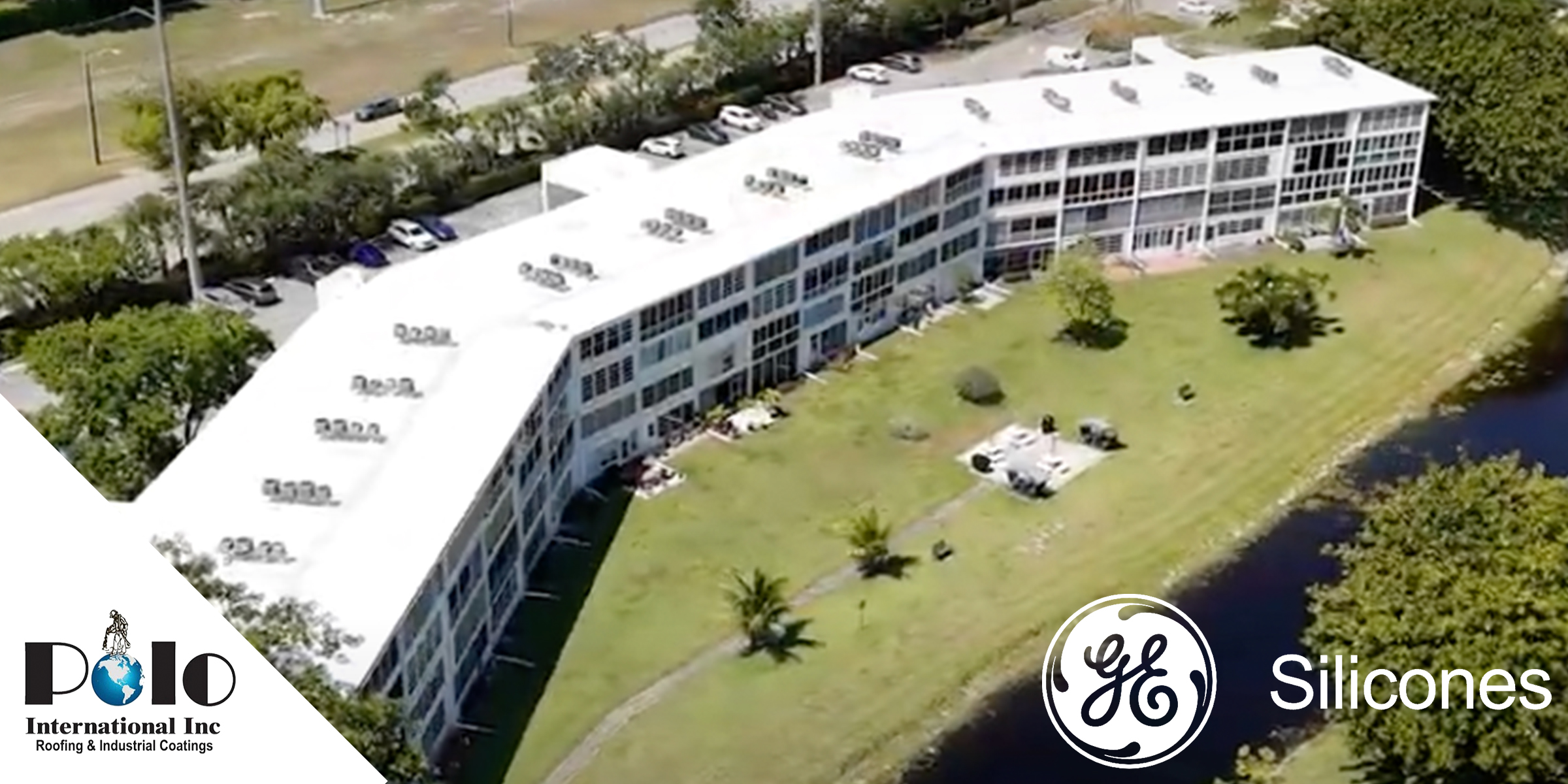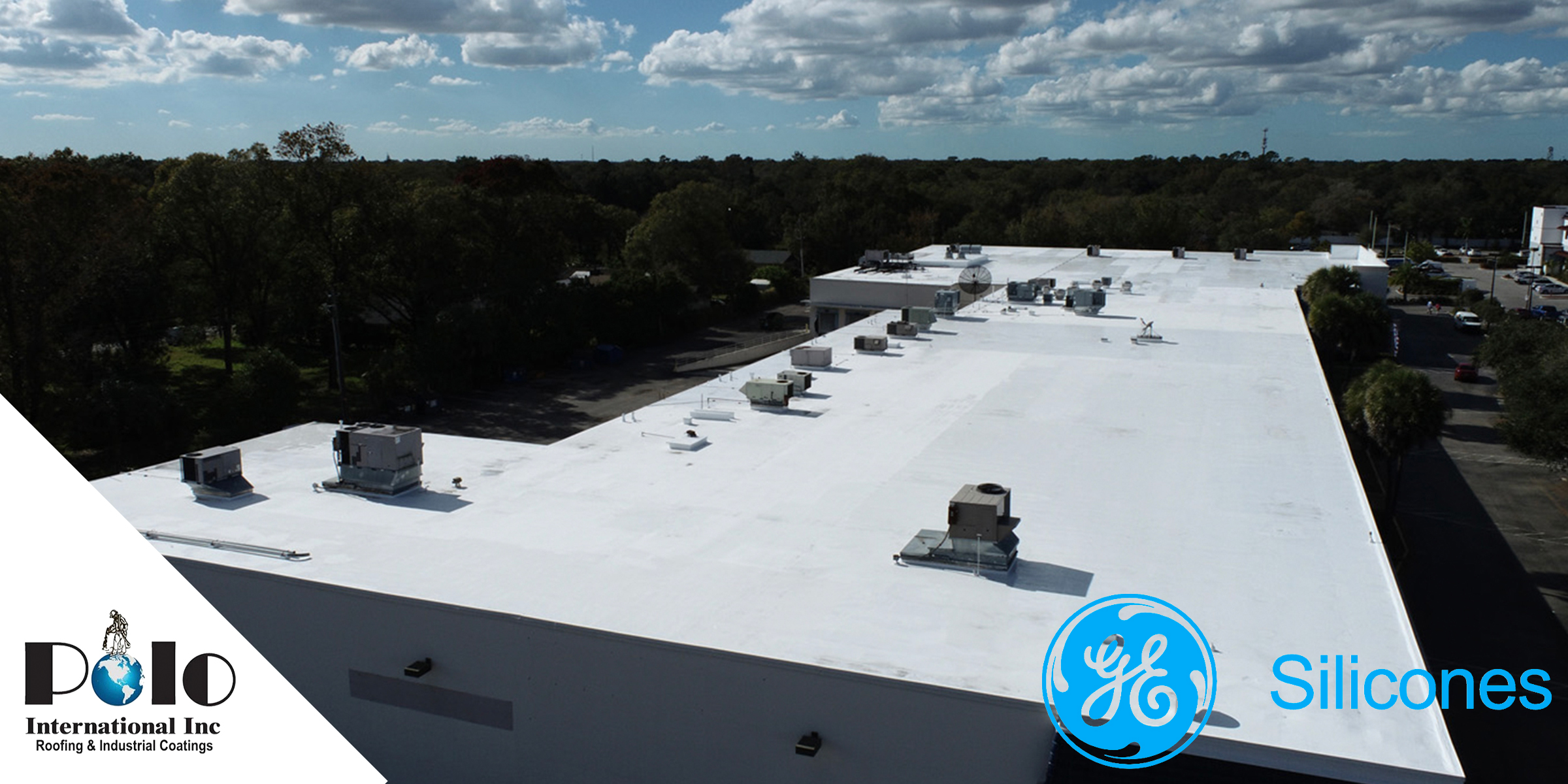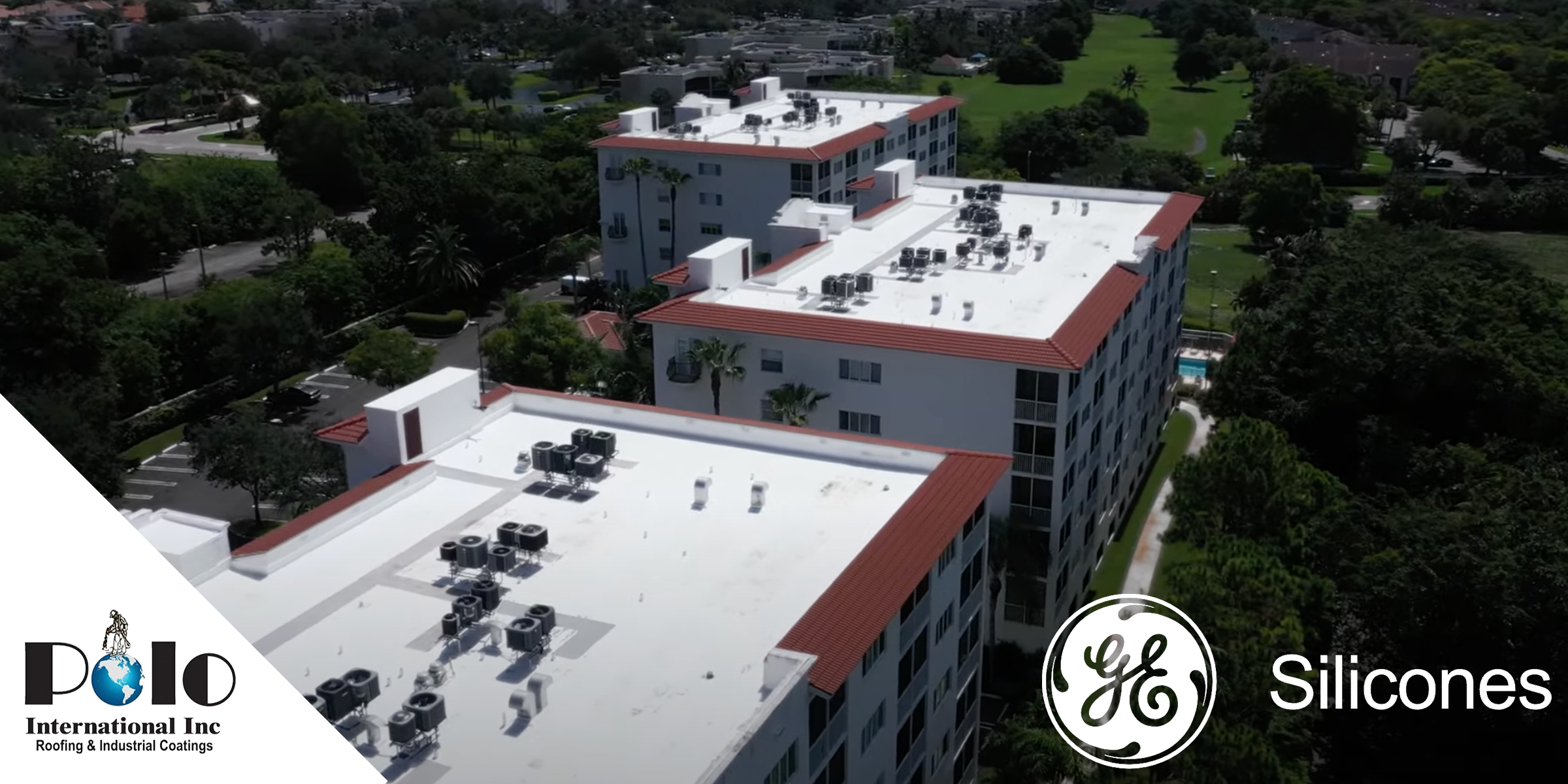
Is your commercial building prepared to withstand the upcoming winter challenges? Winter’s harsh conditions, from heavy snow to icy storms, can take a significant toll on your property’s roof. For commercial building owners and facility managers, it’s crucial to have a robust roofing solution that offers both insulation and resilience. This is where spray polyurethane foam (SPF) roofing stands out.
SPF roofing is not just a protective covering; it is an all-in-one solution that insulates, seals, and extends the lifespan of your roof. By applying a seamless layer over your roof’s surface, it minimizes thermal bridging, which can significantly reduce energy costs during the colder months. Additionally, SPF roofing provides a reliable barrier against moisture intrusion, preventing leaks that could lead to costly repairs.
Understanding the benefits of SPF roofing as winter approaches can ensure that your building remains safe and functional, even under the most challenging weather conditions. Making informed decisions now can prevent future headaches and expenses. By investing in SPF, you’re not only enhancing your roof’s durability but also safeguarding your building’s overall integrity.
When preparing a commercial building for winter, the integrity of the roof plays a pivotal role. Spray foam roofing, with its polyurethane base, offers exceptional winter protection features that address multiple cold-weather challenges.
Superior Insulation
Spray foam components deliver superior insulation, crucial for reducing energy costs during colder months. Unlike traditional roofing methods, spray foam acts as a barrier against heat loss, maintaining interior temperature stability even when outside temperatures plummet. This characteristic not only contributes to a reduction in heating expenses but also ensures a comfortable indoor environment conducive to workplace efficiency.
Sealing Capabilities
Spray foam roofing excels in sealing cracks and gaps found in conventional roofing. During winter, these unsealed spaces can lead to drafts and increased vulnerability to moisture penetration. Cold air can seep in, while heated air escapes, creating an uncomfortable indoor climate that demands extra energy to balance. The seamless application of spray foam fills these voids, enhancing the building’s thermal envelope, and eliminating potential entry points for cold air.
Ice Damming Protection
Ice damming presents another winter challenge, typically caused by uneven roof temperatures leading to ice build-up along roof edges. This phenomenon can lead to water leakage and structural damage. Spray foam’s insulating properties help maintain a uniform roof temperature, effectively minimizing the risk of ice dams. By curtailing such formations, it effectively reduces the potential for water intrusion and subsequent damage to the roof structure.
Moisture Resistance
Spray foam roofing is inherently moisture-resistant. Winter brings increased chances of rain, sleet, and snow, all potential sources of water damage if a roof is compromised. The foam’s closed-cell structure repels water, diminishing the risk of leaks and its damaging consequences. With a properly installed spray foam coating, commercial building owners gain peace of mind knowing that potential moisture problems are addressed proactively.
Wind Resistance and Load-Bearing Capacity
Spray foam roofing is notably wind-resistant due to its seamless and adhesive nature, which secures the roof surface as a cohesive unit. By resisting wind uplift and associated damage, it contributes to extending the lifespan of the roof, offering significant long-term value to building owners. Additionally, spray foam roofing possesses impressive load-bearing capacity, vital for coping with the added weight of accumulated snow. The rigid nature of spray foam provides added stability, allowing the roof to withstand heavy snow loads more effectively than some traditional roofing alternatives.
Seasonal Considerations
Successfully navigating winter also involves considering seasonal maintenance and preparation. Implementing spring roof inspection services ensures your roofing system remains intact and functional. Addressing minor issues in advance can prevent larger problems when temperatures drop, and taking note of summer roof maintenance tips can provide year-round benefits, preparing your building for both winter and summer challenges.
Conclusion
Collectively, these winter protection features make spray foam roofing an excellent choice for commercial buildings facing cold-weather conditions. Its insulating capabilities, moisture defense, wind resistance, and structural fortification provide a comprehensive solution for winter preparedness. These features not only offer immediate operational benefits but also contribute to the long-term resilience and cost-efficiency of roofing infrastructure. Investing in spray foam roofing enhances your building’s energy efficiency, guards against moisture damage, and strengthens its architectural durability, safeguarding it throughout the seasons.




